Have To Must Difference
You must have been tired after driving for so long Both modal verbs can be used when talking about obligation “Have to’ is more common, especially in North America, but in the UK there is a subtle difference ‘must’ is used for internal obligation and ‘have to’ is used for external obligation.

Have to must difference. The difference that you're looking for is the difference between active and passive voice session must expire active voice session must be expired passive voice As stated by Maulik V in the comments, the correct sentence is Once the browser is closed, the session must be expired. Do we say "I must do my homework" or "I have to do my homework"?. Fill in the blanks with affirmative or negative forms of must or have to & has to 1 It's raining outside Tim take his umbrella 2 I can give you my car, so you buy a new one 3 They be in a hurry, because they have got more than enough time.
Have them make a list of five things that they have to do every day Introduce the grammar by having the students take a look at the grammar sheet below Discuss the differences between 'have to' and 'must' in the positive form Make sure to point out that 'have to' is used for daily routines while 'must' is used for strong personal obligation. For each space, choose which is better 'must' or 'have to' 1 Professor Watkins told me today that I give in that assignment by Friday at the latest 2 John!. What is the difference between Have To and Must?.
They need to study more if they want to get good grades Sometimes, "must" and "have to" can be used to speak about responsibilities However, "must" is generally used for strong personal obligations and "have to" is used for responsibilities at work and in everyday life I must do this right now!. Must and have to modal verbs exercises Auxiliary verbs in English elementary, intermediate and adavanced level esl Index of contents Can / could exercises May / might Must / have to Shall / should Will / would Mixed modals exercises Had better Home Worksheets. Have to, must Have to is NOT an auxiliary verb (it uses the verb have as a main verb) We include have to here for convenience Must is a modal auxiliary verb In this lesson we look at have to, must and must not, followed by a quiz to check your understanding have to.
Differenza tra must e have to quando usare uno piuttosto che l’altro La differenza tra “Have to” e “Must” è uno di quei dubbi che ci perseguita costantemente Il motivo di questa confusione è che entrambi i verbi hanno lo stesso significato dovereAvevamo già accennato qualcosa nei post precedenti riguardo i verbi modali in Inglese;. Must is a modal auxiliary verb, and have to is a simple auxiliary that is used just like a modal verb, but it’s not a modal verb The reason why we are learning it together is that both these verbs have similar functions In this article, I’ll help you master all the differences between must and have to, and how to use these verbs There is a video lesson at the end that explains how to. 1 Must and Have To Must and have to are both used to talk about obligations things you cannot choose not to do For example We must talk to her before she leaves I have to go into work early tomorrow If you say, We must talk to her before she leaves, you mean that you think this is very important, and you need to do it When you say, I have to go into work early.
= He must leave now Normally, in the present and in the affirmative, they're identical But with a negative, there are two possibilities;. Must vs have to Both Must and have to express obligation or necessity, but there are some small differences • Must expresses the speaker's feelings, whereas have to expresses, above all, an impersonal idea You must come You are obliged to come (I require that you come) You have to come You are obliged to come. Commençons par should On utilise Should/shouldn't, pour répondre à une question qui demande un avis La traduction de should pourrait être remplacée par.
“Have to” and “must” are very similar in meaning and can often times be used interchangeably You can say “She must go to the store” and “She has to go to the store” The meanings here are the same As such, many people use them in this way with no distinction There are some differences that need to be noted, however, to use them properly. Must vs Shall Must and shall are words in English language that have similar meanings Both of them indicate the fact that something is mandatory and should be carried out as a duty However, shall is used more in legal circles while must is used more often by common people Many believe shall to be more formal of the two and fit for use in. “I must” is in the present tense and means you have to do something “I had to” is in the past tense and it is something you were obliged to do and had already done ’Have to’ and ’must’ are both used to express obligation To use them correctly, you have to decide where Continue reading MyEnglishTeachereu Blog 0.
The difference between must and have to can be explained clearly on the following grounds We use the word ‘must’ to show the indispensability of something It indicates the exigency of an act On the other hand, ‘have to’ is used to indicate that the subject is bound to act in a specified manner, because of some external pressure. Answer (1 of 12) This is a common mispronounciation problem ‘Must have' is correct We get confused with the contraction ‘must've' which is often pronounced so quickly and sloppily that it sounds like ‘must of' Please, for the sake of good grammar,. We use have to and must to express obligation There is a slight difference between the way we use them have to Have to shows us that the obligation comes from outside the speaker We have to wear a uniform when we're working in reception (Student to teacher) When do we have to hand in our homework?.
This is a one way street You turn back and use Smith Street 3. Should/ have to/ must cours Quelle est la différence entre SHOULD/ HAVE TO et MUST?. I have to file reports every week.
What is the difference?. In English, we use "must" and "have to" to express a strong rule or law In this grammar les. Grammar Point must / have (got) to / must not / don’t have to must / have (got) to / must not / don’t have to Necessity and Obligation Must and have (got) to are used in the present to say that something is necessary or should be done Have to is more common in North American English, especially in speech You must be home by 11 o’clock I must wash the car tomorrow.
Must et Have to ont des sens très similaires et quelquefois peuvent être utilisés indifféremment Cependant Have to implique une obligation externe, c'estàdire qu'elle vient de quelqu'un ou de quelque chose d'autre que celui qui parle Have to décrit ce. Regarding the meaning, sometimes there is little difference between have to and must I must go to the hospital I. While questions with "must" are grammatically correct, it is more usual nowadays to use "have to" for questions There is no past form of must for obligation We had to show our passports at the border We weren’t allowed to use calculators in the exam Or, we couldn’t use calculators in.
The crucial difference between should, ought to and must, is based on the extent to which they emphasize, in the sense that must is the most emphatic of the trio On the other hand, ought to is less emphatic than must, but more than should So, it is obvious that the degree of emphasis is least when we use should in our sentence So, let’s have a look at these examples to. Must is a little stronger and a little more formal and sometimes more urgentHave to is very common in American english Must is used mostly to talk about obligations, to talk about the feelings and wishes of the speaker and hearer and for logical conclusions also Eg I must finish this presentation by tomorrow (I want to finish it). Must and have to express obligation or necessity The main differences between must and have to are Must means "really should or else it will be bad for you", it expresses an obligation forced by the speaker Have / Has to expresses general obligations When we are talking about another person's obligation we use have to, too.
Expressing “must” or “have to” Contents hide 1 When there’s something that must or must not be done 2 Using 「だめ」, 「いけない」, and 「ならない」 for things that must not be done 3 Expressing things that must be done 4 Various shortcuts for the lazy 5 Saying something is ok to do or not do. Need to vs have to vs must can be used as synonyms Sometimes That’s the good news Generally, they all mean that you’re talking about a responsibility, an obligation, or something that is important to do This is where they are similar In positive sentences But there are some small differences in connotation and how we use them. Ora andremo ad analizzare in maniera più.
Should have Usiamo "should have" per dare, o chiedere, un'opinione al presente su qualcosa che è successo nel passato "I had a terrible stomachache" "You should have gone to the doctor’s" "I didn’t hear from my father last week" "You should have called him" "She isn't happy with the salary she’s getting". Must expresses an opinion an inference, a conclusion, based on known details Must have expresses an opinion about an earlier (past) situation A CONCLUSION The car driver must have panicked when he saw the buses moving in on both sides The bus passengers must have heard a crunch (sound) The car passengers must have escaped out the back (No other exits. We use have to / must / should infinitive to talk about obligation, things that are necessary to do, or to give advice about things that are a good idea to do Mus t and have to are both used for obligation and are often quite similar They are both followed by the infinitive I must go now / I have to go now Are these exactly the same?.
“ have to ” and “ must ” both express obligations, but there’s a subtle difference There is a small difference between the meaning of “have to” and “must” and it is a different type of obligation “ have to ” expresses objective obligation and “ must ” expresses subjective obligation So, What’s the difference?. She must have gone home (= It seems certain that she has gone home) Must not and do not have to/ have not got to have quite different meanings Must not is used to tell people not to do things;. While Must can generally be replaced by ‘Have to’ in the present tense, there is sometimes a slight difference in meaning or use Difference between Must and Have to – MUST ‘Must’ reflects the necessity of doing something, as per the given circumstances We use the word ‘must’ to show the indispensability of something.
Mira estos ejemplos I must clean this house 👉 Te sientes incómodo entre tanta suciedad I have to clean this house 👉 Tu mujer vuelve de un viaje de negocios y se va a enfadar si todo está echo un desastre I must stop drinking wine 👉 La resaca te está matando o has hecho el ridículo en una cena de negocios I have to stop drinking wine 👉El médico te ha dicho que tienes. Be careful with the negative of Must and Have to There is a BIG difference in meaning between Mustn’t and Don’t have to Mustn’t means something is prohibited or it is not allowed It is important that you do NOT do something Don’t have to means there is NO obligation to do something You are not required to do something, especially. “I must” is in the present tense and means you have to do something “I had to” is in the past tense and it is something you were obliged to do and had already done ’Have to’ and ’must ’ are both used to express obligation To use them correctly, you have to decide where the obligation comes from.
Must doesn’t change its form, whatever be its tense or the number and person of its subjectIt can refer to the present or future You must do this now (Present) He must pay damages (Future) You must file a petition (Future) Must can refer to the past only when it is used with the present perfect of the main verb She must have gone home(Here must refers to the. Do not have to/ have not got to is used to say that there is no obligation You must not tell him (= Don't tell him) You don't have to tell him. • The expression have to is used to indicate the sense of ‘necessity’ • On the other hand, the word must is used to indicate the sense of ‘compulsion’ • At certain instances, have to.
You will have to come with me We had to drive very fast We normally use have to for questions Questions with must are not common Do we have to sit here?. This question was posted by Andie, but was accidentally deleted I'm looking for clear examples to illustrate the difference between "have to" and "must" It is clear to me that you use "have to" when there's an obligation that is imposed from outside (lawsrules), whereas "must" expresses what the speaker thinks is necessary But browsing through different books I've found. Al has to work tomorrow so he can't come.
The verbs need, have to, and must are all synonyms of one another and are used to mean that something is necessary or required But they each have slightly different connotations and uses Need, when followed by to and a verb, is the narrowest of the three verbs It is most often used to say that an action should be done. Must, have to and have got to are all used to express obligation or the need to do something They can be used interchangeably in the present tense, except that must suggests that it is the speaker. What Is the Difference Between Have To and Must?.
He doesn't have to leave ≠ He must not leave The first one means he has no obligation to leave, but the second means he has an. Have to, must Quiz You can do this grammar quiz online or print it on paper It tests what you learned on the have to, must page 1 Yesterday I _____ finish my geography project must mustn't had to a) must b) mustn't c) had to 2 She will _____ wait in line like everyone else must.
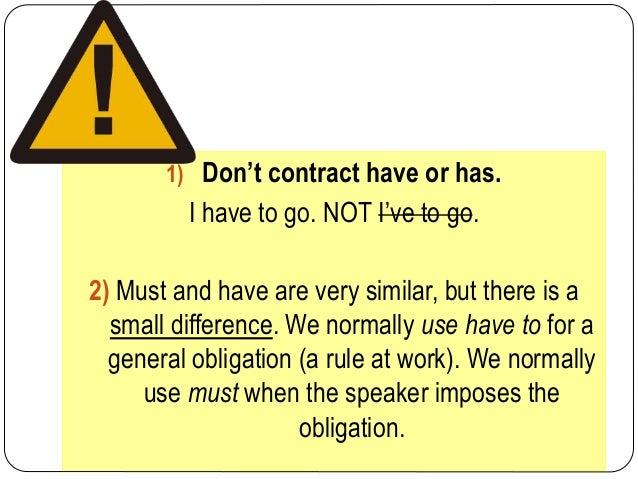
Have To Don T Have To Must Mustn T

The Difference Between Must Have To Shall Need And May Wall Street English

Use Of Must May Can Could Have To Need To Has To Ea English
Have To Must Difference のギャラリー

Modal Verbs Should Must

Have To Dont Have To Must Mustnt Rules

Product Priority How To Pick The Right Features For Success By Andressa Chiara Code Like A Girl
Have To

The Difference Between Must Have To Shall Need And May Wall Street English
Lesson Summary Have To And Must To Express Obligation And Necessity

The Difference Between Must Have To Shall Need And May Wall Street English
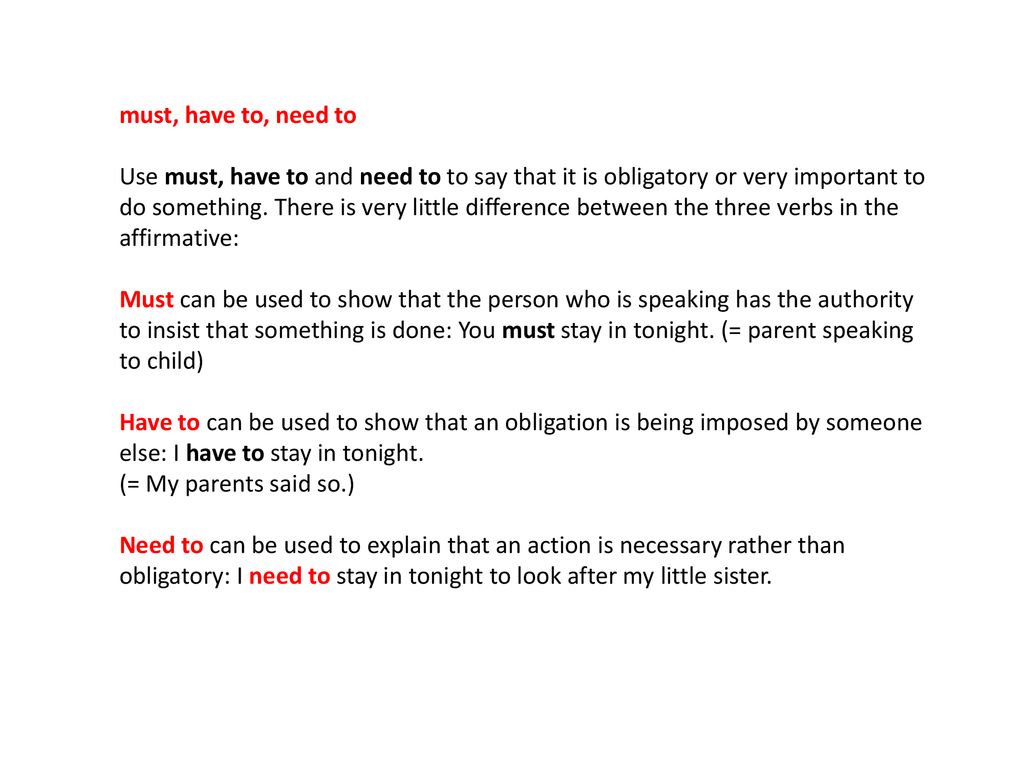
Obligation Necessity Permission Ppt Download

The Difference Between Must And Have To Must Vs Have To Video

Pin On English Grammar

Differbetween Difference Between Have To And Must
Lesson Summary Have To And Must To Express Obligation And Necessity
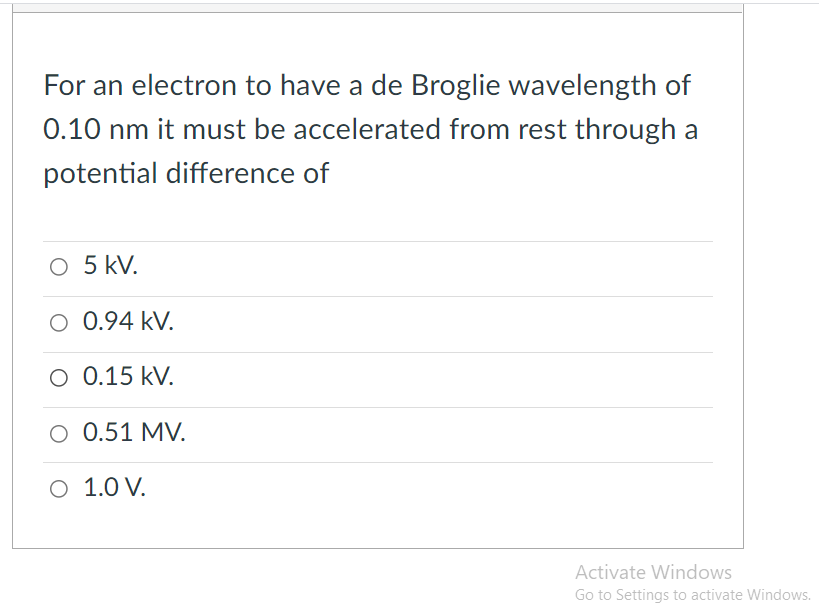
Solved For An Electron To Have A De Broglie Wavelength Of Chegg Com
1

In Tuition What S The Difference Between Must Not And Don T Have To Facebook
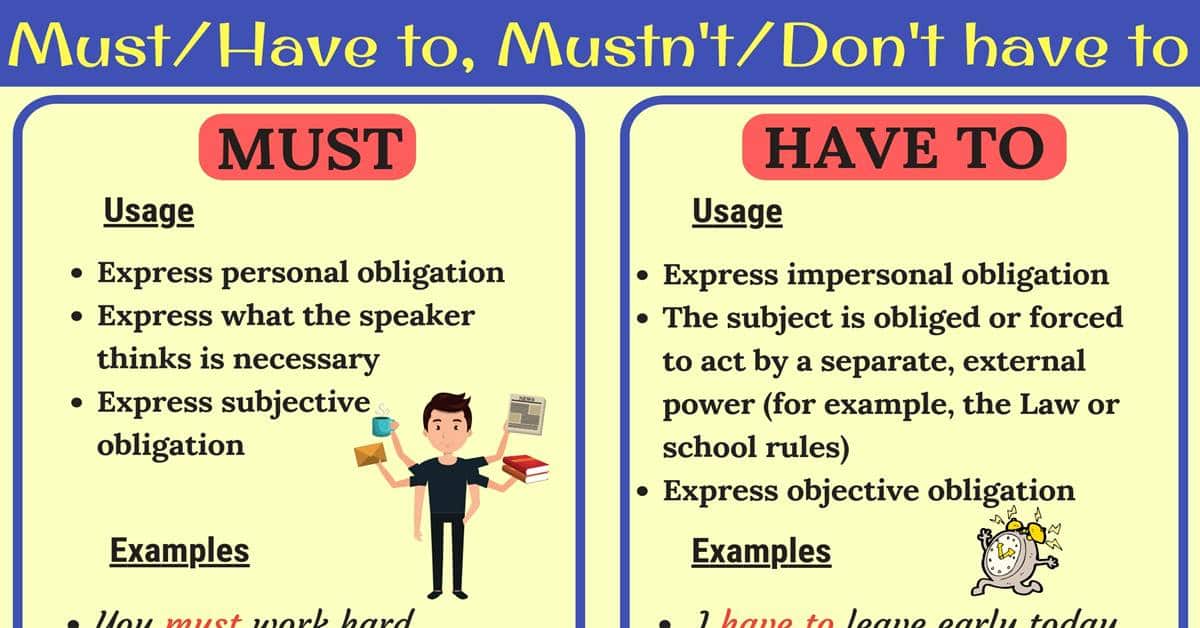
Must Vs Have To Must Not Vs Don T Have To 7esl

Should Must Have To English Modal Verbs Part 3 Youtube

Pin On Ingilizce

Uses Of Must And Differences Between Must And Have To English Learn Site
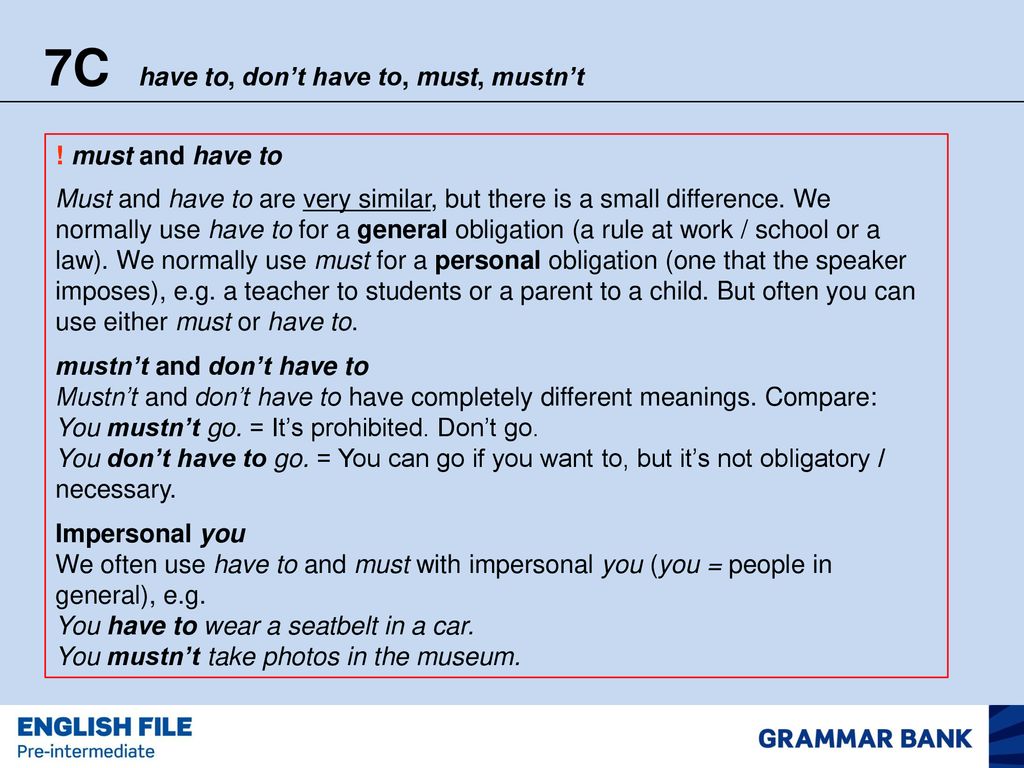
7c Have To Don T Have To Must Mustn T Ppt Download
Iescelia Org

Difference Between Have To And Must Compare The Difference Between Similar Terms

Modals Must Vs Have To

Have To Vs Need To Vs Must What S The Difference In English Advanced English Grammar Youtube
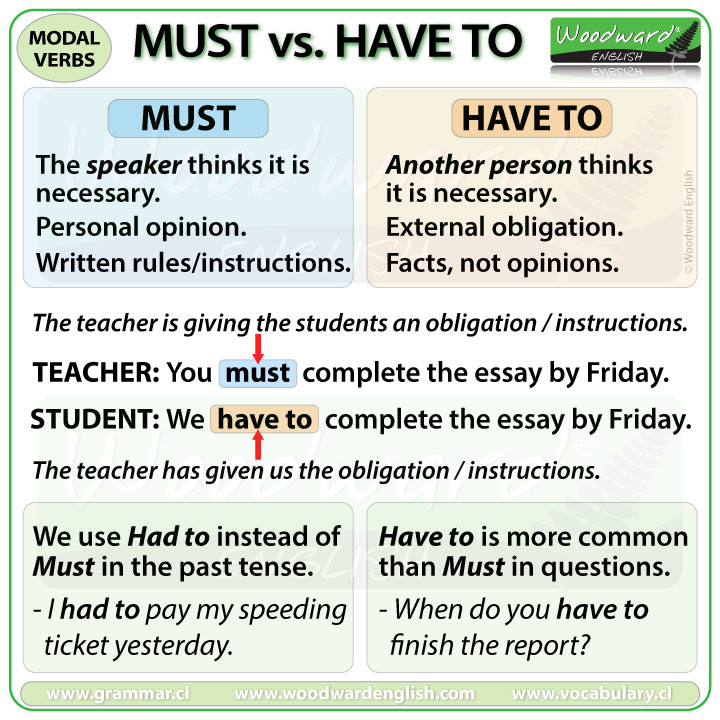
Must Vs Have To Woodward English

How To Use Must Have To And Should Modal Verbs Video Ooe

Modal Verbs 2 Must Vs Have To English 4 All
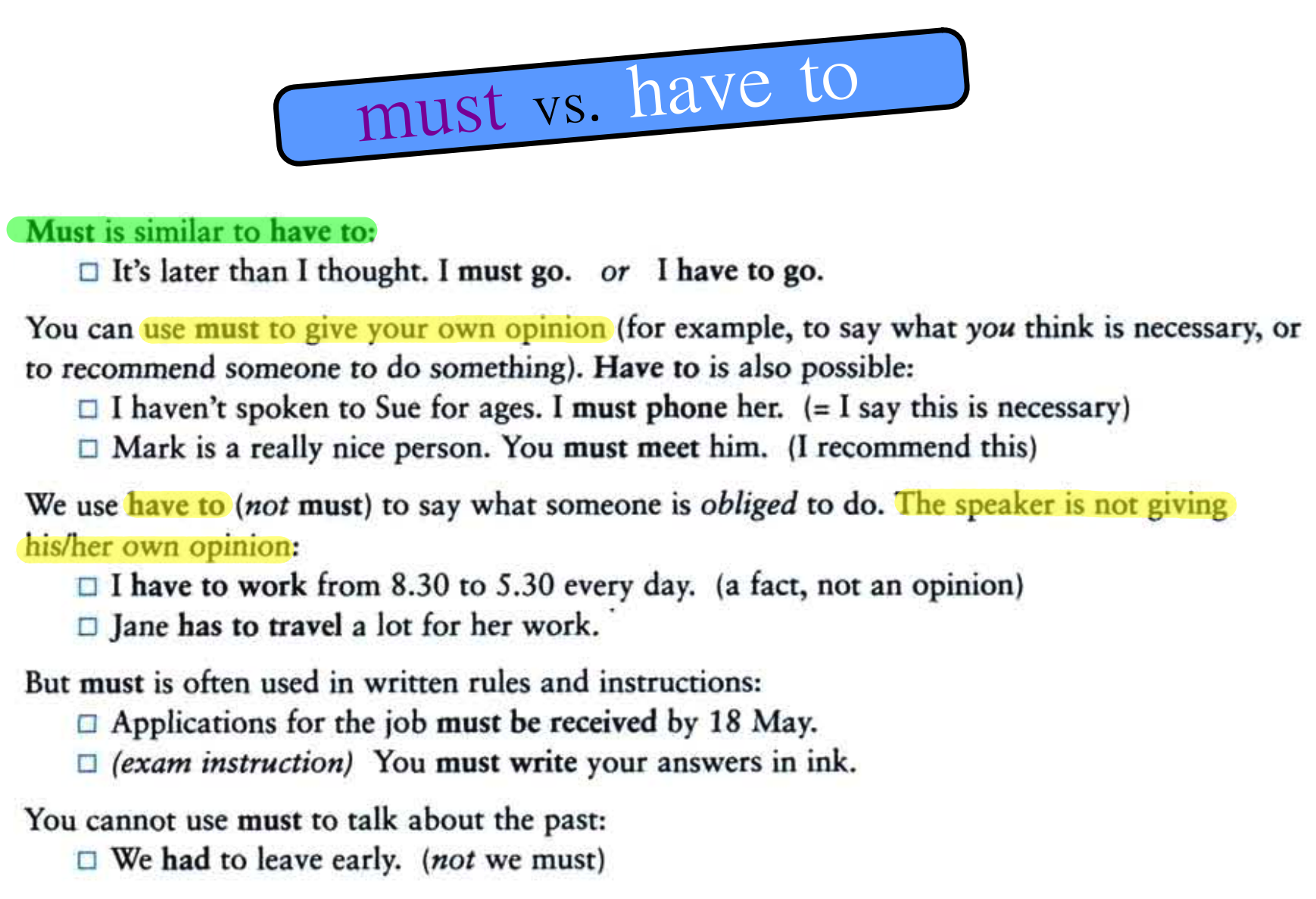
Must Vs Have To Lessons Blendspace

Using Must And Have To In English English Study Here

Test English Prepare For Your English Exam

The Difference Between Must And Should Is The Life You Want And Picture Quotes

Must Vs Have To

Must Vs Have To Build Up Your English Facebook

The Difference Between Must Have To Shall Need And May Wall Street English

Difference Between Have To And Must Difference Between
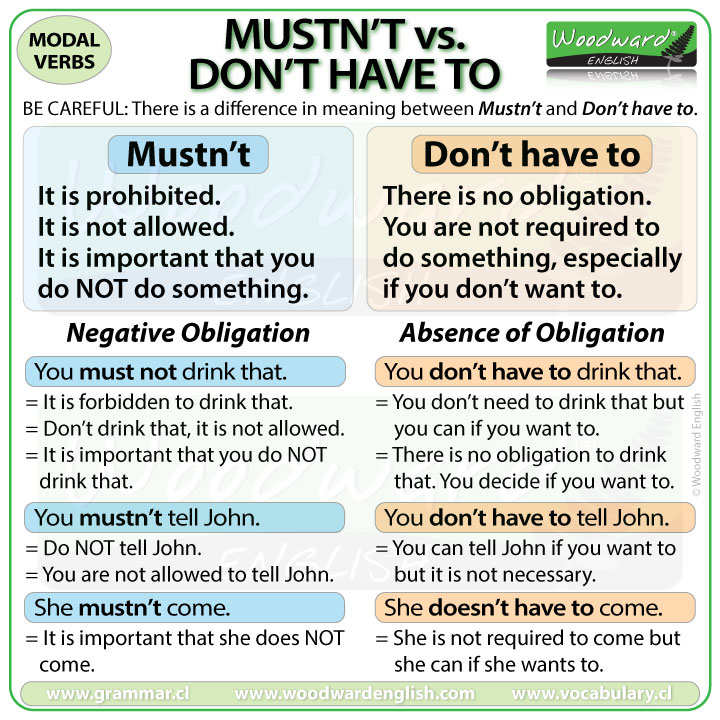
Mustn T Vs Don T Have To Woodward English
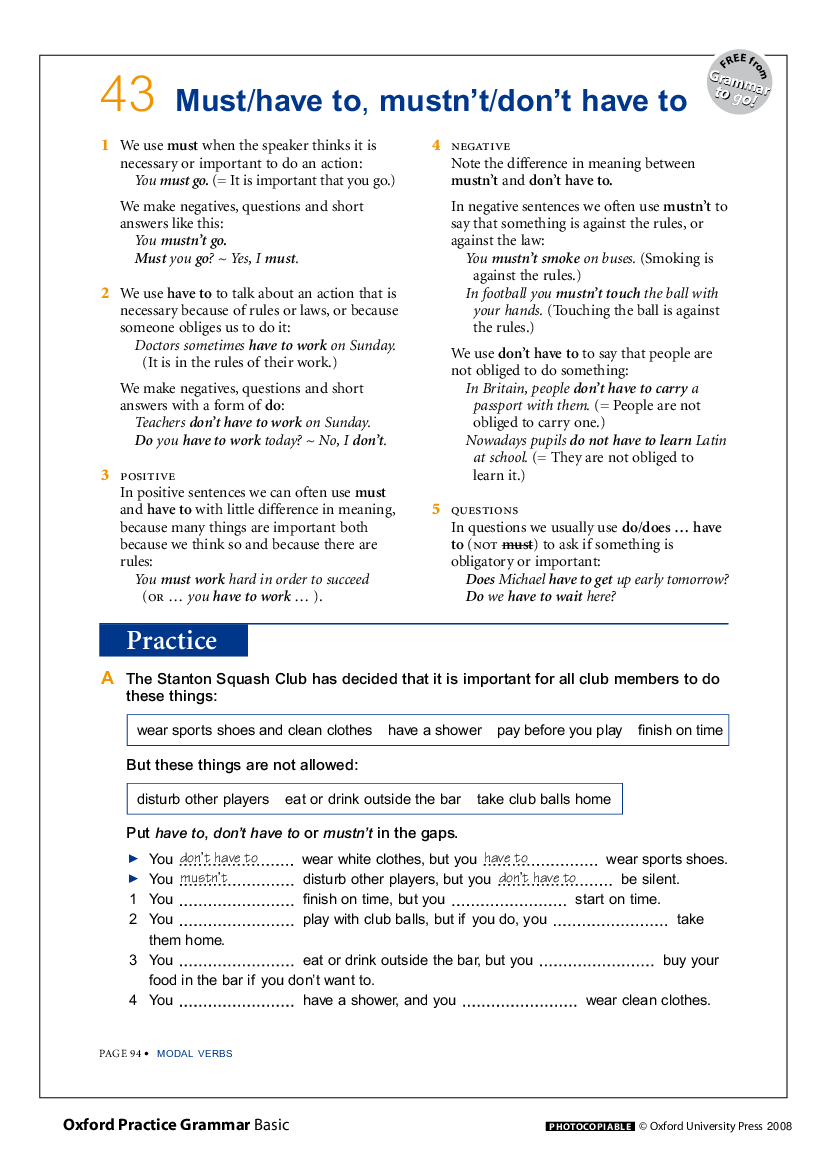
Must Have To Oxford Grammar Practice Pdf Docer Com Ar

Modals I Wouldn T Won T Have Known Difference English Language Learners Stack Exchange

Mustn T Vs Don T Have To What Is The Difference Youtube

Quick Tip Must V Have To

Have To Must Don T Have To Do You Know The Differences Anglijskij Yazyk Slova Angliya

Must And Have To Difference A Free Guide Post

Must Musn T Have To Lesson Plan English Esl Worksheets For Distance Learning And Physical Classrooms

Must Vs Have To Build Up Your English Facebook

I Had To I Have To Or I Must What Is The Difference Myenglishteacher Eu Blog
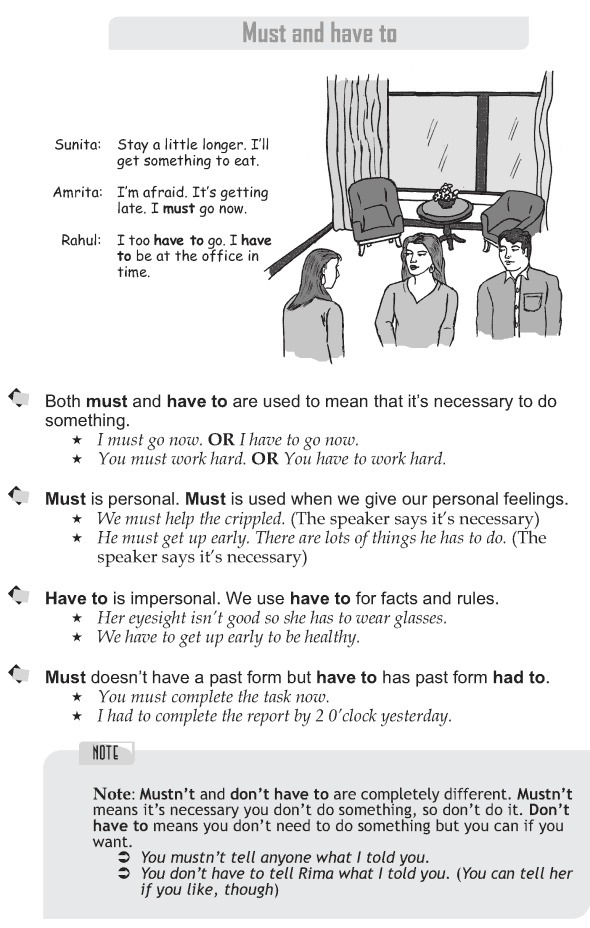
Grammar Grade 9 Grammar Lesson 24 Must And Have To

Which Vs That Is There A Difference Between Which And That

Must Or Have To Interactive Worksheet Grammar Worksheets English Teaching Resources English Teaching Materials
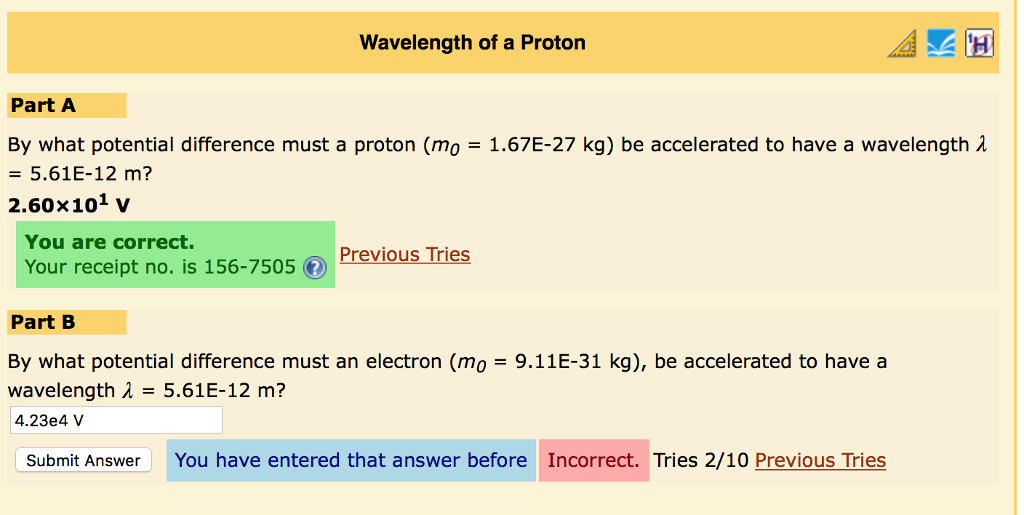
Solved By What Potential Difference Must A Proton M 0 Chegg Com

The Difference Between Must Not And Don T Have To Youtube
Pdfcoffee Com

Difference Between Ought To And Need To With Table Ask Any Difference

Modal Verbs I Must Have To Dont Have

Differbetween Difference Between Take And Get
1

The Difference Between Must Have To Shall Need And May Wall Street English

Difference Between Have To And Must Difference Between

Aba New Education Axis Academy Differences Between Must And Have To Facebook

Modals And Semimodals What Is The Difference Between

Must Have To Should
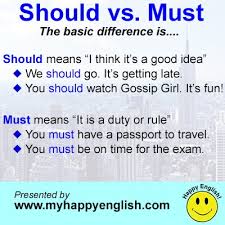
Modal Auxiliary Teacher Jairo 21 Website Only For Education

Must Vs Have To
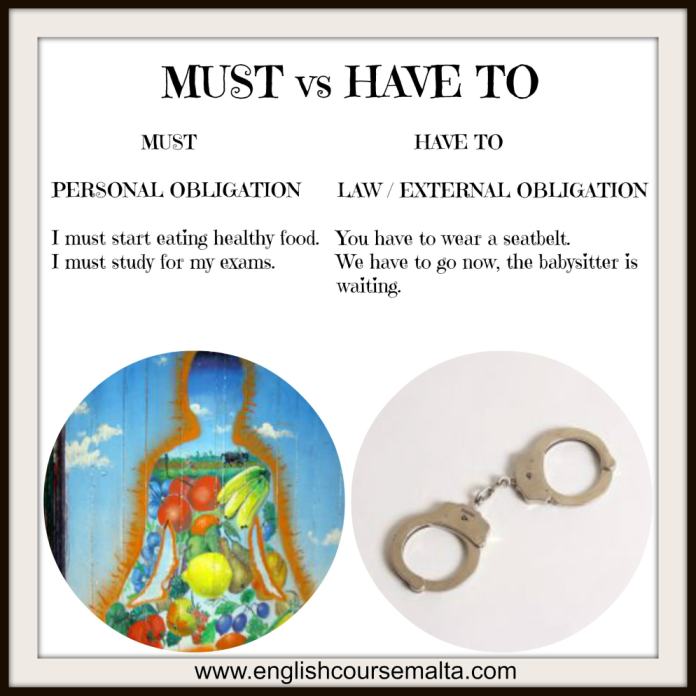
Must Vs Have To Infographic English Course Malta

Have To Vs Must Watch This Video To Finally Learn The Difference

The Difference Between Must Have To Shall Need And May Wall Street English

Modal Verbs Can Can T Must Mustn T Have To Don T Have To Ppt Download

Must And Have To Difference A Free Guide Post
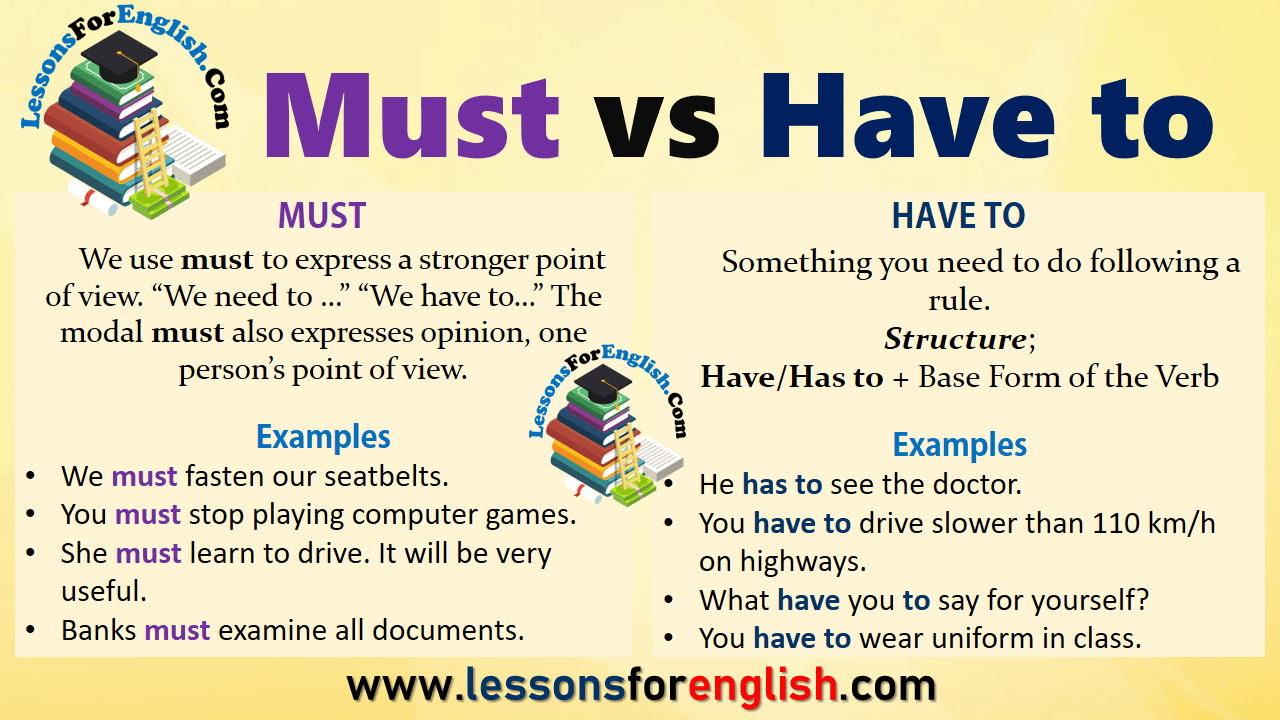
Must Vs Have To In English Vocabulary Home
What Is The Difference Between Have To And Must Have To Vs Must Hinative

Modals Nb Meaning Have To Must What Do These Sentences Mean Is There Any Difference In Britain All School Children Have To Wear A Uniform Ppt Download

Must Vs Have To Easy English Conversation Practice Learn English Mark Kulek Esl Youtube

Modals Mgr Anna Waligorska Kotfas Pwsz Konin Must Vs Have To Must Have To Has To Rules Laws General Obligation A Strong Obligation Usually Ppt Download

Must Vs Have To Build Up Your English Facebook

Gross Vs Net Differences Between Net Vs Gross You Must Know 7esl
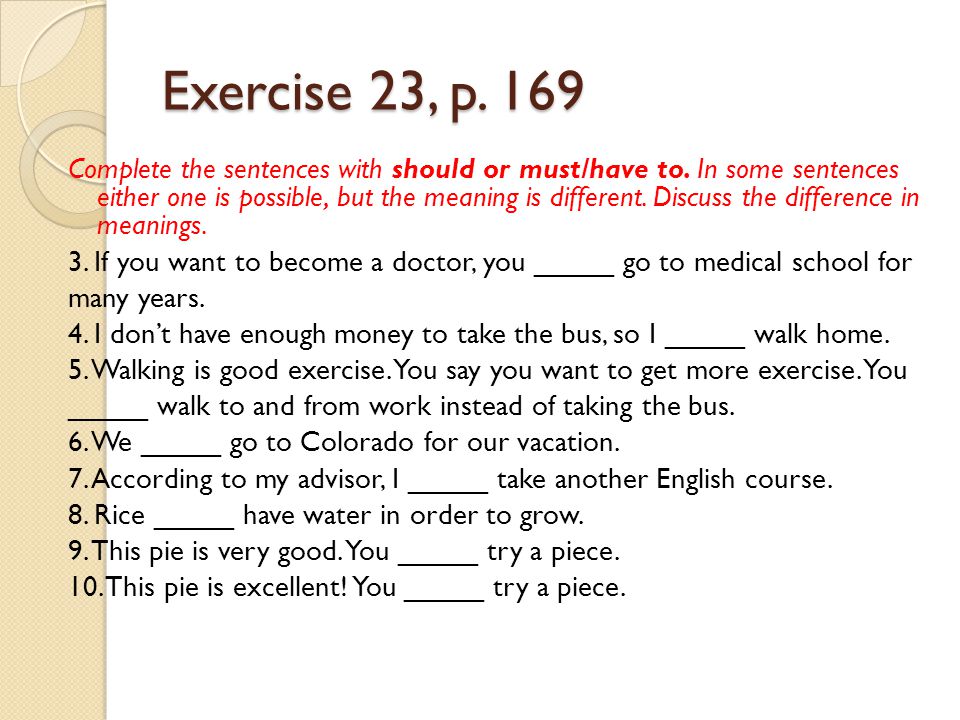
Modals Part Ppt Download

Must Vs Have To Must Not Vs Don T Have To 7esl

Modal Verbs Part 3 Should Must Have To English Esl Worksheets For Distance Learning And Physical Classrooms

Difference Between Must And Have To With Examples And Comparison Chart Key Differences
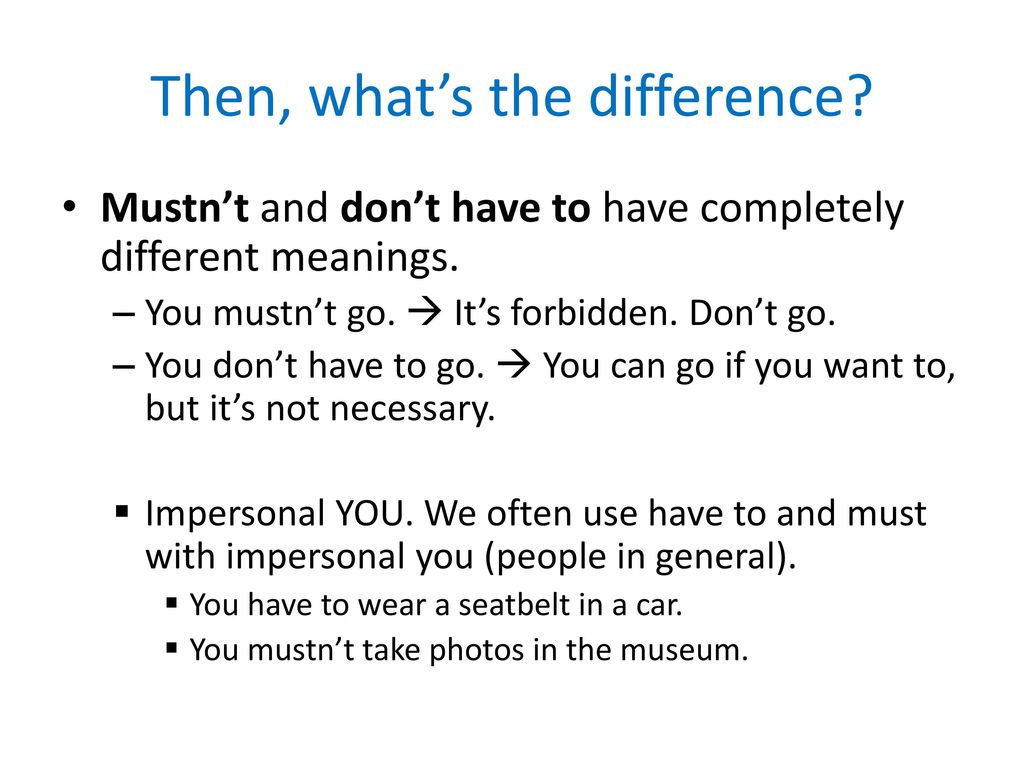
Have Don T Have Must Mustn T Ppt Download
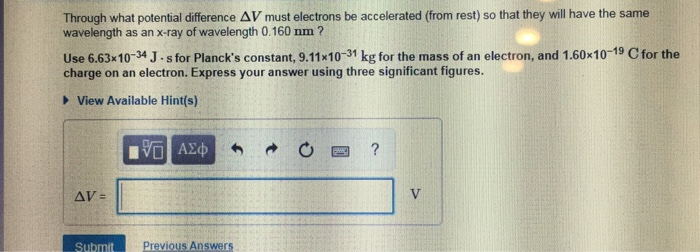
Solved Through What Potential Difference Dv Must Electrons Chegg Com

English Grammar Must And Have To Mustn T And Don T Have To Eslbuzz Learning English

Must Mustn T Have To Don T Haveto

Test English Prepare For Your English Exam

Must You Must Do It We Mustnt Stay

Must Vs Have To Modal Verbs Difference Between Must And Have To Grammar Lesson Spokenenglishcorner

Mustn T Vs Don T Have To What Is The Difference Youtube
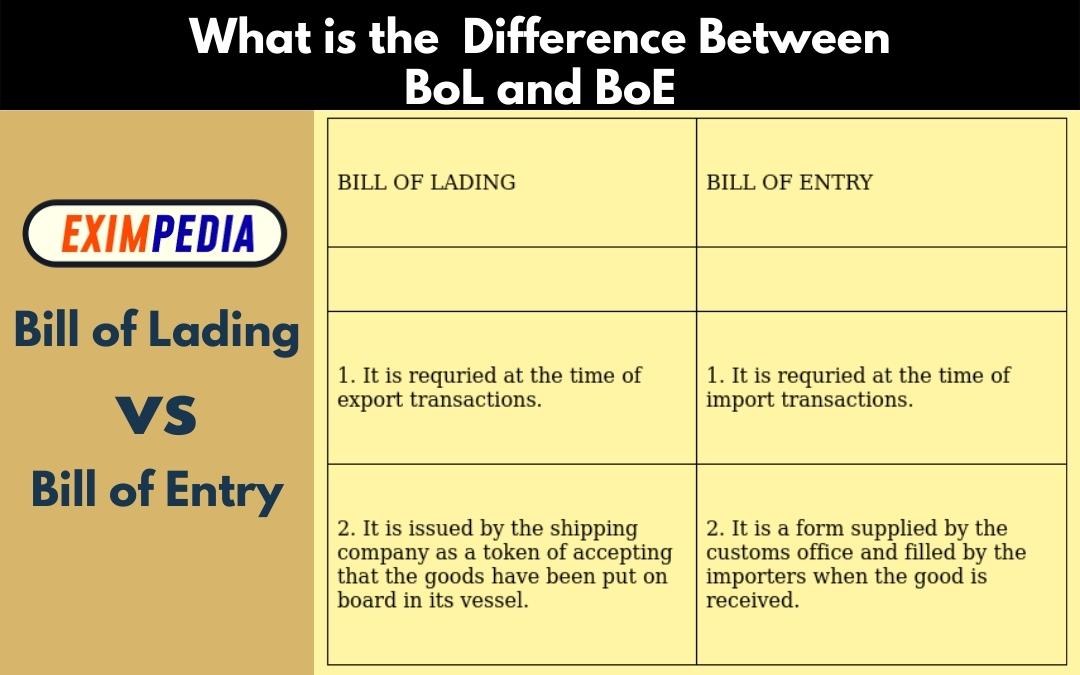
Difference Between Bill Of Lading And Bill Of Entry That You Must Definitely Know Eximpedia

Pin On Mes Enregistrements
1

The Difference Between Must And Have To Coffeestrap Tips

Must Vs Have To Youtube
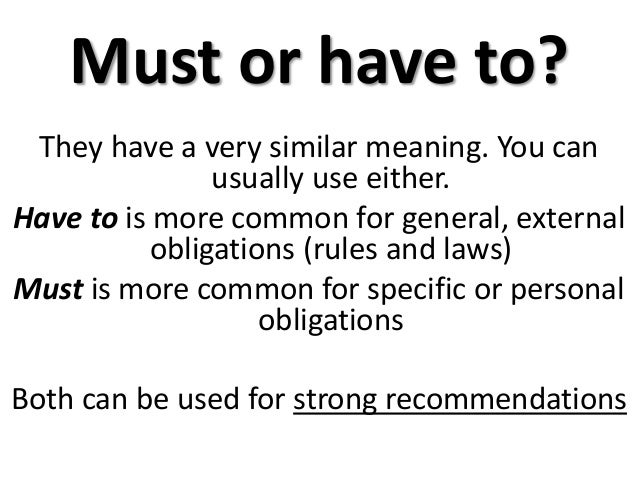
Must Have To Should Ought To

Difference Between Must And Have To Msrblog

Meaning Examples Can Could May Might Will Would Shall Should Must Shakespeare S English

Modals Must Vs Have To In English Englishacademy101
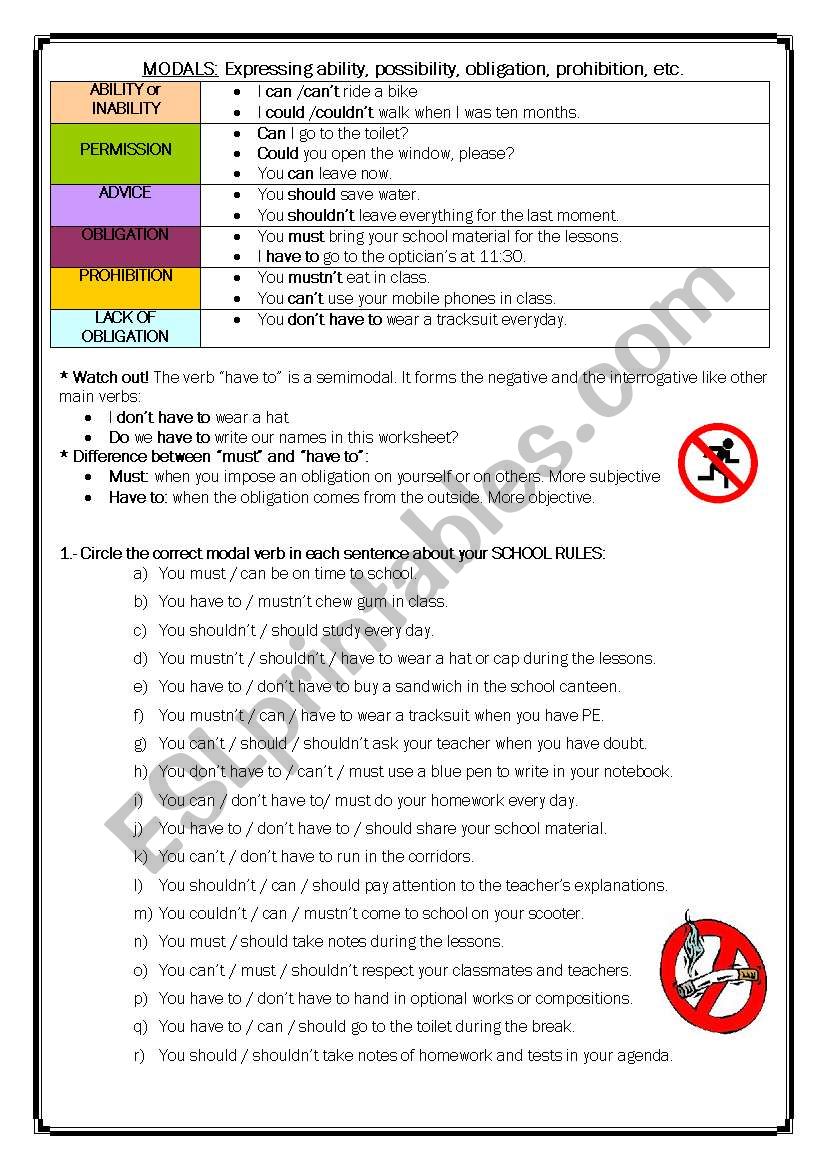
Modals Can Could Must Should Have To Esl Worksheet By Mayca80

Must Vs Have To Woodward English
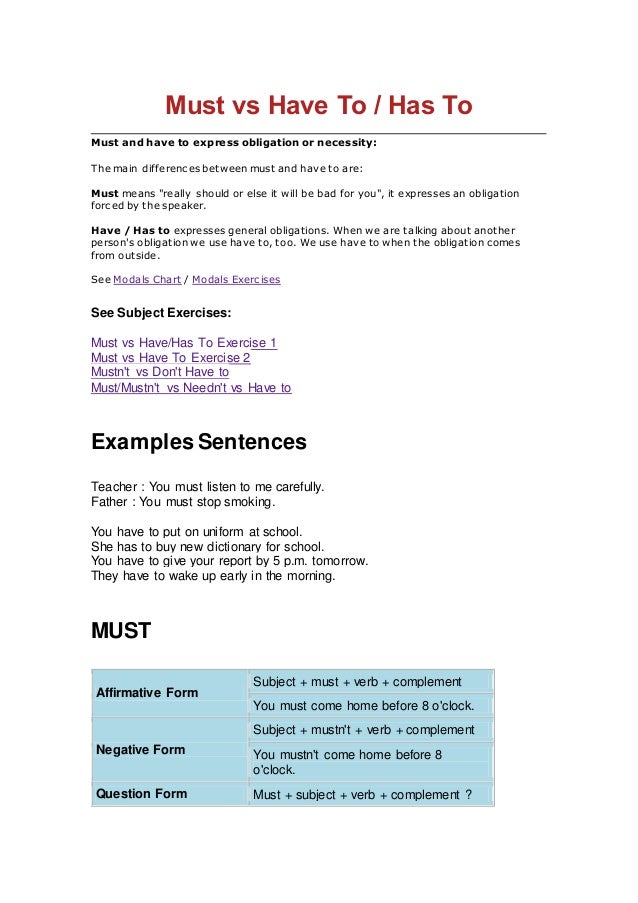
Must Vs Have To Grammar

Need Must And Have To For Learn English Today Com Facebook

Test English Prepare For Your English Exam

Must Vs Have To What Is The Difference Youtube




